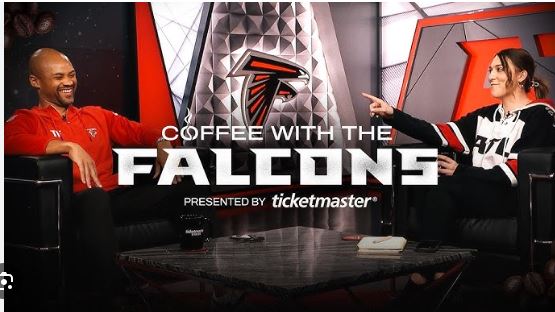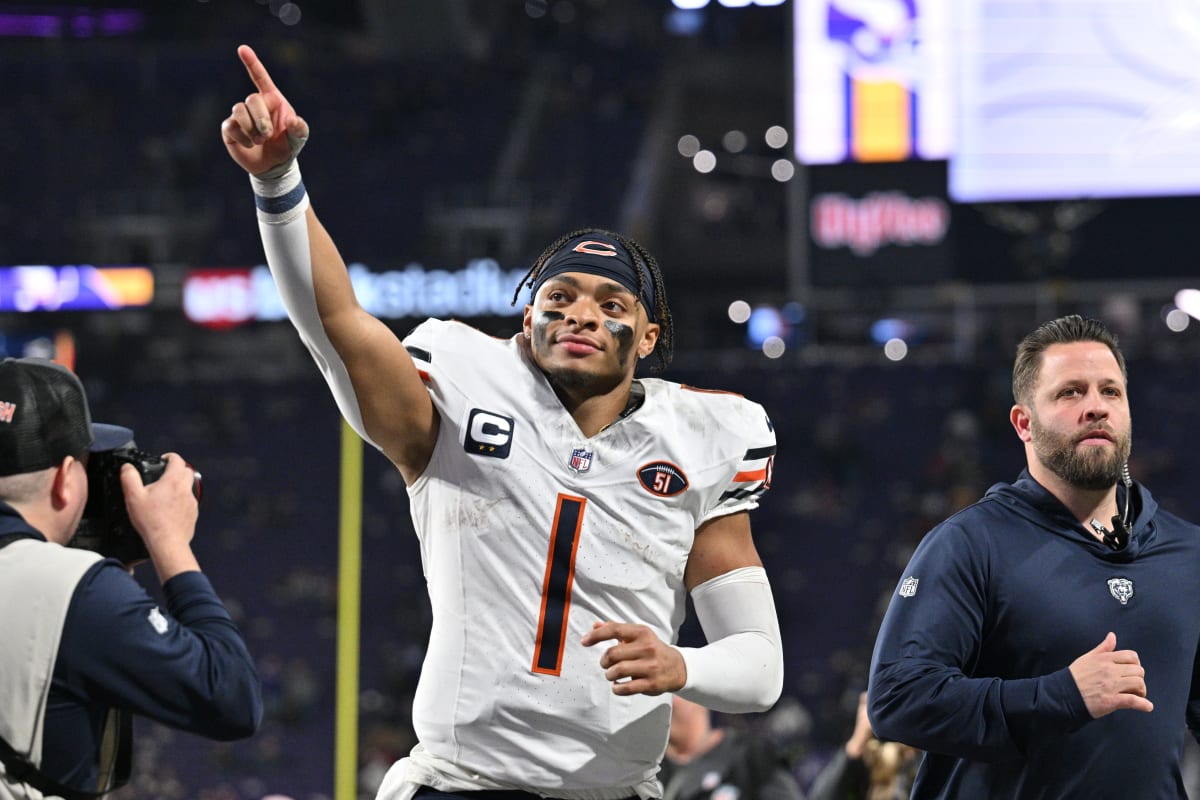
This offseason, the Falcons plan to upgrade their quarterback position. Even with a promising offensive coordinator in Zac Robinson accompanying Raheem Morris to Atlanta, no coach can overcome the faults that Desmond Ridder and Taylor Heinicke demonstrated this season and expect long-term success.
Recognizing that there is a problem is the first step toward solving it. That’s the easy part of the problem; the more difficult part is finding a capable quarterback this offseason.
The options aren’t as strong as they appeared a few months ago. If three quarterbacks are taken with the first three picks in the draft, the Falcons might select J.J. McCarthy, Bo Nix, or Michael Penix Jr. at number eight. Atlanta may prefer one of those alternatives, but expecting them to start in Week 1 is a stretch.

Unfortunately, the possibilities in free agency are not significantly better. It’s quite plausible, if not likely, that Baker Mayfield and Kirk Cousins sign contracts with their current teams, leaving Russell Wilson and Ryan Tannehill as the best available options. Neither of them is the long-term solution to the Falcons’ dilemma, and I doubt Morris and Robinson would be interested in them on a one- or two-year contract.
That leaves the commerce market, where there is only one possible target. Justin Fields has been linked to the Falcons for a while, and DraftKings has Atlanta as the favourite to sign him if he does not stay in Chicago. This is a tale that will only get more interesting if the Bears make it plain they intend to sell him, but does Justin Fields make any sense for the Falcons?
The Case for Justin Fields with the Falcons

The best case for Justin Fields with the Falcons may simply be that he is the only competent option available. As stated in the beginning, all of the top eligible quarterbacks could be selected in the draft or free agency before the Falcons have a shot. If the Falcons don’t like the next tier of quarterbacks in the draft class, and Russell Wilson isn’t their style, Fields is by far their best chance of competing in 2024.
The most appealing component about getting Justin Fields, however, is his potential. Over the last few years, the mobile quarterback movement has swept the NFL, and Fields’ ability to make plays with his legs is unparalleled. His passing accuracy falls short, but he has jaw-dropping arm talent, capable of making throws that only a few quarterbacks in the NFL can match.
With a creative offensive coordinator like Zac Robinson and an excess of talent at the skill positions, one could say Fields is in the ideal place to reach his full potential. That was not the case in Chicago, where he spent the majority of his three seasons learning a new offence with a poor offensive line and no weapons. Atlanta is unquestionably a stronger setup for quarterbacks than Chicago has been since Fields was picked.
The Case Against Justin Fields for the Falcons
The case against Justin Fields and the Falcons begins with the asking price. Most expect Fields to receive at least a second-round pick in return, if not more, and some believe a team may even be prepared to trade a first-round pick. The Falcons own the eighth overall pick in the draft. Sending it to the Bears for Fields is not an option. The Falcons had the opportunity to select Fields in the 2021 NFL Draft; they passed, and nothing Fields has done to date has made it seem like a mistake.

Fields’ looming contract predicament is also a concern. Whoever trades for him must instantly decide on his fifth-year option. They will then have to make a swift decision about whether to renew him. If Fields turns out to be the guy, this isn’t a huge stumbling block, but there’s a lot of danger in giving him a contract extension; just look at what the Giants did with Daniel Jones last year.
The main argument against the Falcons trading for Justin Fields is his possible fit in Zac Robinson’s offence. Raheem Morris compared Robinson to Sean McVay and Kyle Shanahan. It’s easy to see that those teams have quarterbacks that are precise and get the ball out on time, such as Kirk Cousins, Matt Ryan, Matthew Stafford, Brock Purdy, and others. Justin Fields is not that type of player, and even with significant development, he will not become one.
Justin Fields’ decision to join the Falcons appears to be based on two factors: the options available and Zac Robinson’s conviction in his ability to construct an offence around him. The latter is significantly more crucial. Fields is perhaps the best option if the Falcons want to contend in the next seasons. At that point, Morris and Robinson will have to determine if they see a future with him at centre. If Robinson believes he can enhance Fields’ strengths, he has a good chance of starting at centre for his hometown team.
Leave a Reply